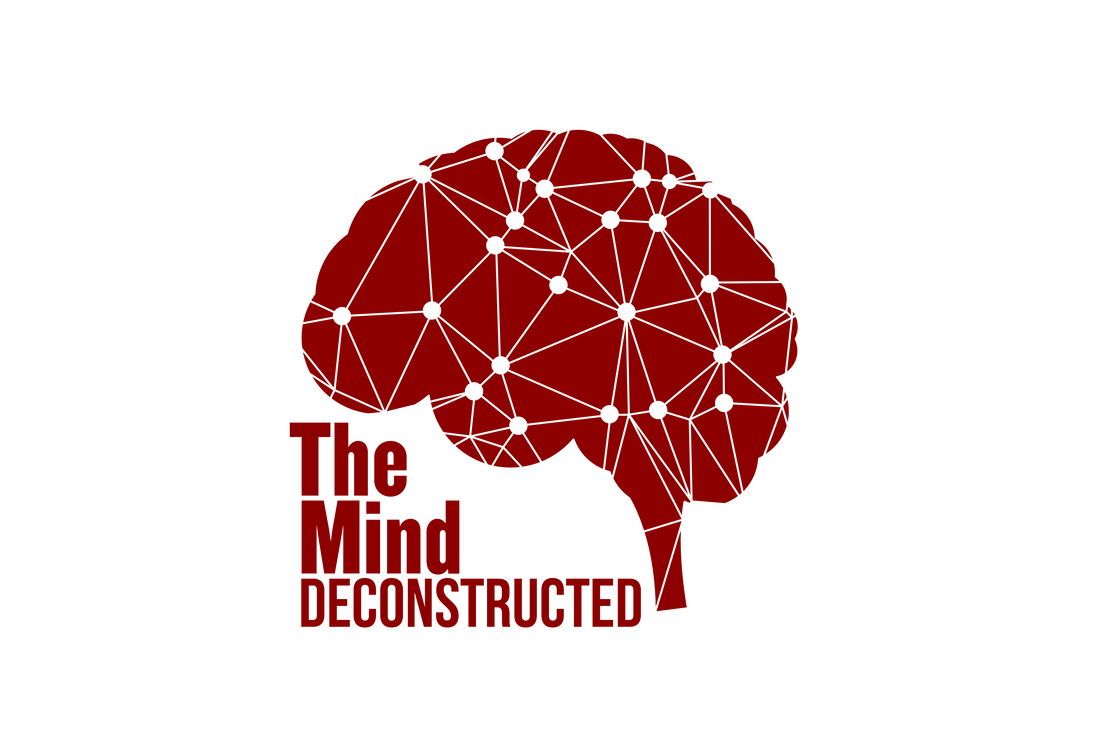|
On this episode of The Mind Deconstructed podcast, Dr. Kaz and George walk through the basic elements of post traumatic stress disorder (PTSD), including common questions those with lived experience of trauma and their loved ones may be asking. Why do some people develop PTSD and others do not, even if they have experienced similar types of trauma? Does the timing, intensity and frequency of traumatic events matter? After a traumatic event, how much time passes before someone is considered to have PTSD? This episode will provide you with the basic understanding and future episodes will provide even more details, including treatment approaches.
Following recent events in Las Vegas and Somalia, Dr. Kaz and George discuss common mental health reactions to instances of mass violence as described by the Uniformed Services University Center for the Study of Traumatic Stress. Dr. Kaz shares common experiences such as grief for the sense of loss of safety and vulnerability. George draws parallels to his time serving as a Marine in Iraq and Afghanistan and wonders what soldiers may teach us about traumatic stress.
With George's help, Dr. Kaz discusses the diagnosis of Borderline Personality Disorder and its difficult and unnecessarily stigmatized history in the field of mental health. The episode features Chuck's essay, which brings this issue to a personal level.
Dear The Mind Deconstructed Podcast Audience,
Episode #5 is on the topic of Borderline Personality Disorder (BPD). We discuss how the understanding of this disorder has changed over time. We'll share Chuck's story. Chuck suffered his whole life and learned about the diagnosis of BPD at age 60. His essay eloquently describes the impact of going his whole life without being told something many of his treatment providers likely knew. We were only able to discuss portions of his essay, so he was kind enough to allow his entire essay to be published on this website. I still feel my heart sink every time I read this essay. I'm relieved he finally understands his diagnosis and has acquired the tools necessary to survive and manage symptoms which had previously dominated his life. Thanks for listening and for bearing witness to Chuck's story. Kaz
Dr. Kaz and George discuss the very prevalent and painful topic of suicide. Dr. Kaz shares a framework for understanding how suicidal thoughts and urges relate to (or occur independently of) mental health disorders. How can you create a safe space for a loved one to talk about the difficult topic of suicide? George shares a poignant quote from David Foster Wallace, a American author, who died of suicide, to help shed light on what a person with suicidal thoughts may be enduring.
Dr. Kaz and George cover the topics of depression and suicide from the perspective of a trained psychiatrist. A heated debate on Twitter spurs a discussion revealing the stigma of mental health disorders. What causes depression? Dr. Kaz shares some common treatment approaches.
From Freud's couch to online worksheets, Dr. Kaz talks about common forms of therapy and provides lots of great information to help our audience better understand the range of available therapies, including supportive, cognitive behavior, dialectical behavior, and psychodynamic therapy. How would someone choose between these therapies? How does therapy work?
An introduction to psychiatry and mental health wellness with Dr. Kaz and George. What's the difference between a psychologist and psychologist? Why should we pay attention to mental health? You never know when this information will come in handy for you or someone you love.
|

